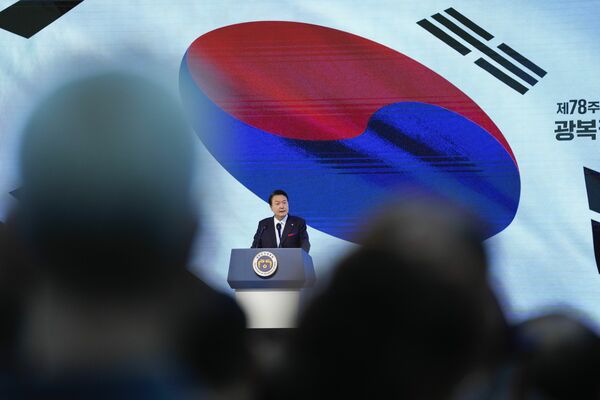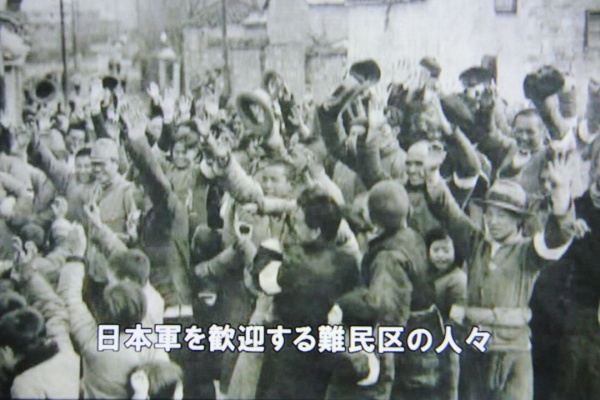
Chinese nationals systematically intervened in South Korea’s presidential and local elections through comment posts on the South Korean portal site “Neighbor,” a South Korean research team has found. Those who engaged in commenting activities criticized the candidate of the conservative ruling party, People’s Power, and supported the candidate of the innovative opposition party, the Co-operative Democratic Party. In the run-up to last year’s presidential election, they called Yun Suk-yeol, the then candidate from the People’s Power, a “room salon uppercut” and claimed that “if (the president) becomes Yun Suk-yeol, the country will be destroyed and there will be war. During the presidential election campaign, when candidate Yun performed a boxing uppercut at a campaign rally, the Democratic camp sarcastically commented that the gesture was “something a prosecutor does when he goes to a room salon, drinks and sings, and gets a good score (in karaoke). The Democratic Party of Korea’s Lee Jae-myung, on the other hand, said, “It’s a very ironic thing.
On the other hand, he called Democratic Party candidate Lee Jae-myung “His Imperial Majesty. There were also many slurs against people in their 60s or older, men in their 20s, and the Yeongnam (Gyeongsang-do) region, who are mainly supporters of the People’s Power. A research team led by Professor Yoon Min-woo of the Department of Police and Security Studies at Giaquan University recently confirmed the comments on the news distributed by Naver using crawling, a big data analysis technique that periodically patrols websites to acquire and store information, and found a number of movements suspected to be organized commenting activities on the Chinese side. The research team found a large number of comments that were suspected of Chinese organized commenting activities. The research team found about 50 accounts that were posting a large number of comments that were Chinese superiority-oriented, Korean-disparaging, and critical of ROK-US/Korea-Japan relations. They left more than 30,000 comments between September and November of last year alone. The “Real Taiyaki” account averaged about 130 comments per day during this period, or one comment every 10 minutes. The accounts the researchers found exhibited similar characteristics to the accounts published by the U.S. State Department’s Global Engagement Center (GEC) and the European Union’s External Action Service (EAS), which were presumed to be Chinese comment operations. In many cases, Chinese-style pronunciations and wording such as “Chen Yang” were used in the account names, and there were Korean spelling errors in the comments. Professor Yoon said, “We can only assume that this is a systematic intervention, as almost the same content as the Chinese comment manipulation activities confirmed overseas was created and spread in Hangul. These accounts followed each other and formed a network, he said. If they “liked” each other’s comments would cause the comment to appear at the top of the article. The research team categorized Chinese commenting efforts into eight major categories according to content. The team categorized the comments into eight main categories: pro-China content, analysis of international relations from a Chinese perspective, disparagement of Korean culture and people, support for pro-China groups and slander of anti-China politicians, and anti-American and anti-Japanese incitement. The research team selected three of the 50-plus accounts in question, which serve as network hubs, and examined the full number of comments they left on the Neighbor news page. 26,207 comments were left by these three accounts from May 2019 to September of this year. The results confirm the fact that the Chinese left a variety of negative comments against the candidates of the National Power in the presidential and local elections of 2009-22. Conversely, it attached supportive comments to the Democratic candidate. In addition, he rewrote some of the similar content and repeated it in various related news items.











